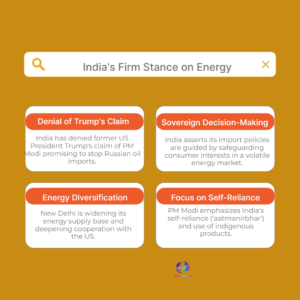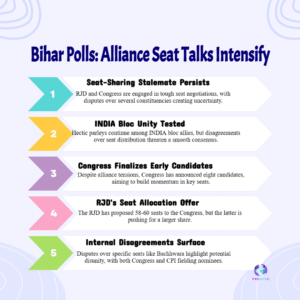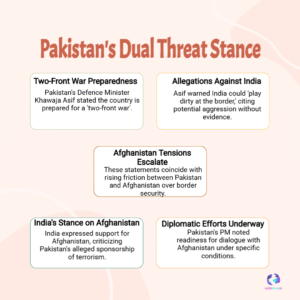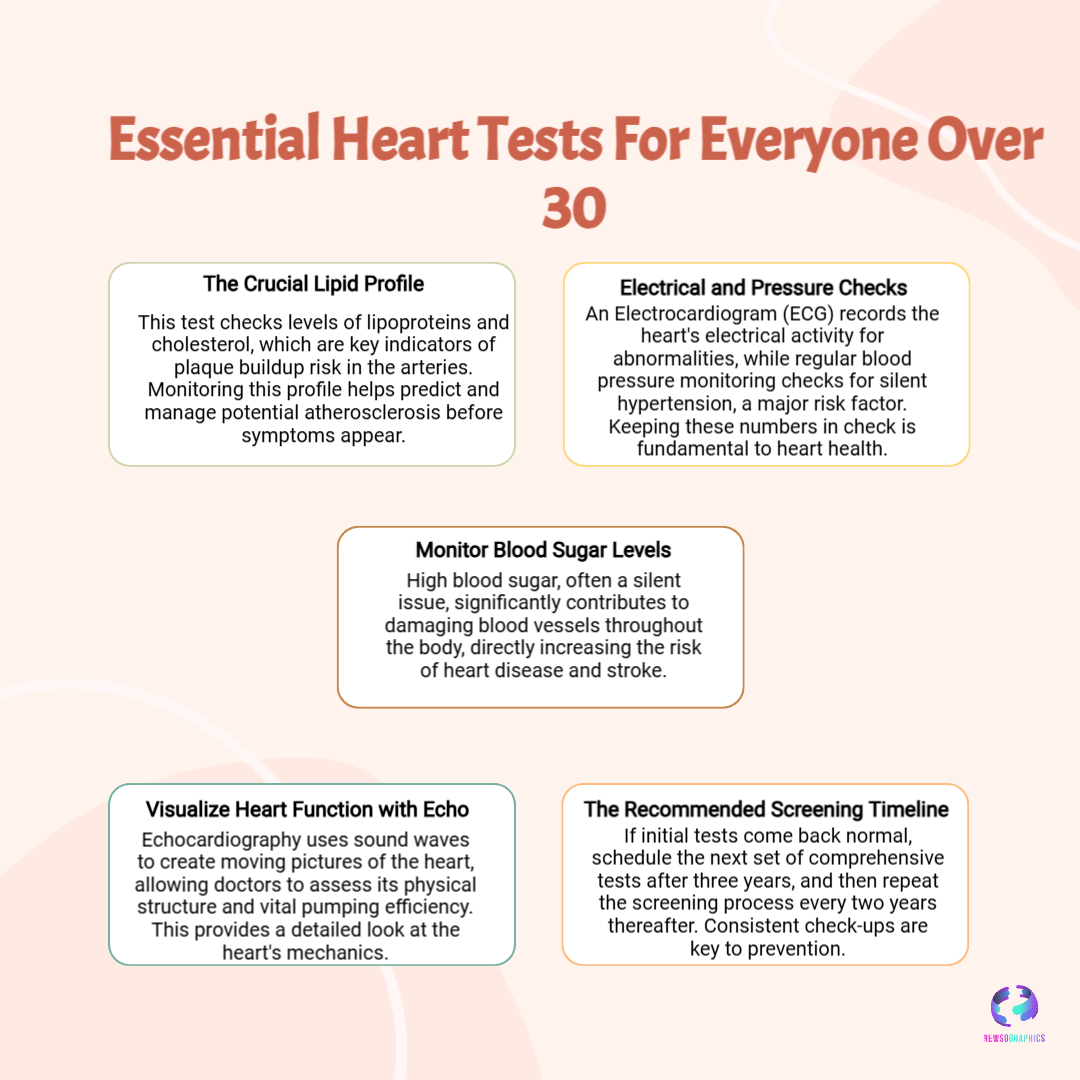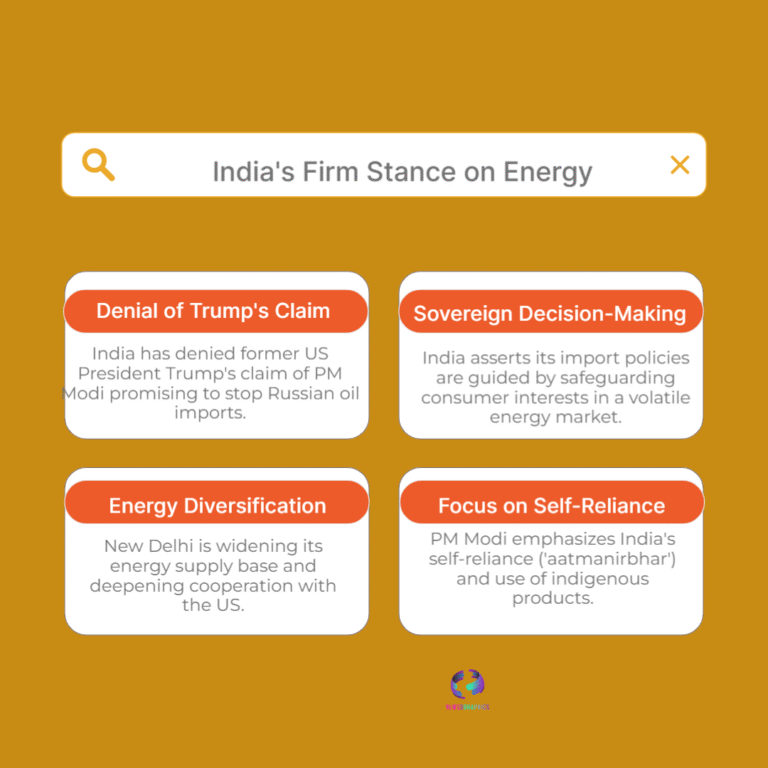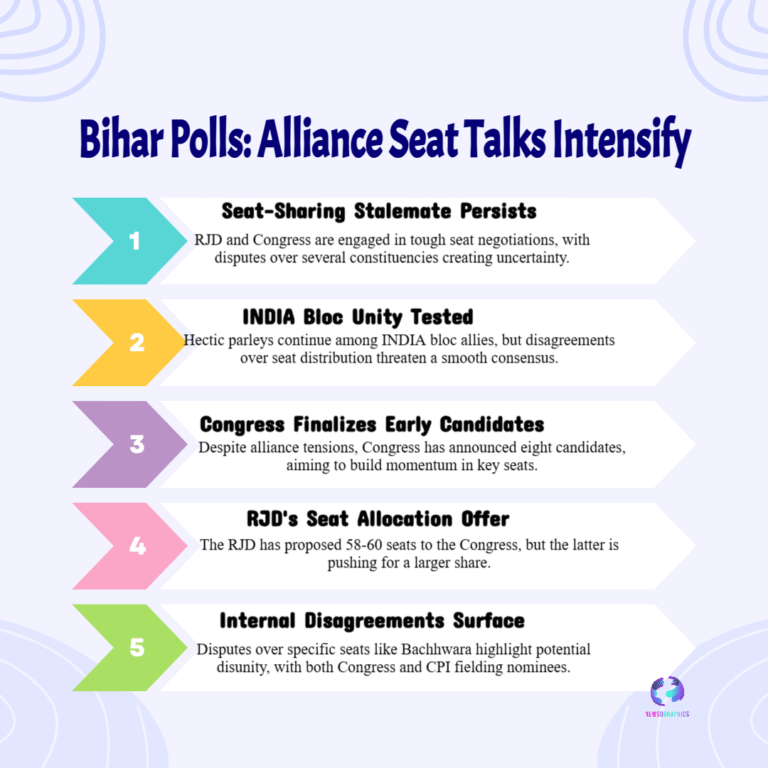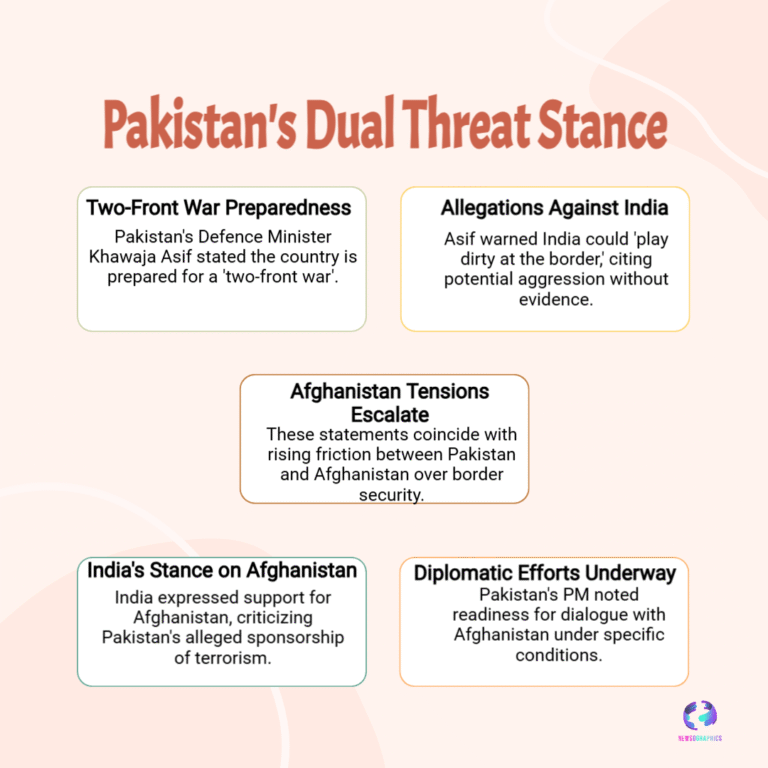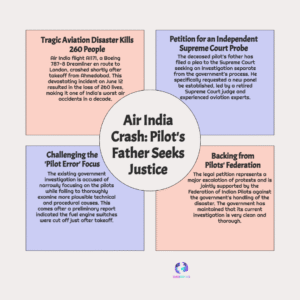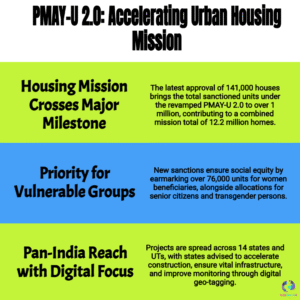Max Hospital cardiologist Dr Naveen Bhamri advises people over 30 to get early heart screening — lipid profile, ECG, blood sugar, blood pressure and echocardiography. Read a clear 400-word guide on what to test, timing and why these checks matter for preventing heart disease.
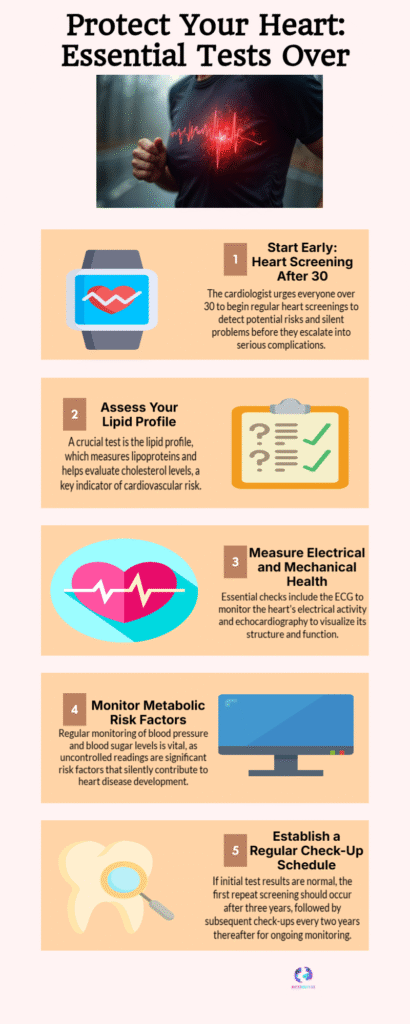
A Max Super Speciality Hospital cardiologist, Dr Naveen Bhamri, is urging adults aged 30 and above to begin routine heart screening to detect risk factors that often develop silently. In a social-media post, Dr Bhamri lists a small set of basic tests that can identify early signs of heart disease: a lipid profile (cholesterol test), ECG, blood sugar, blood pressure measurement and echocardiography. The aim is simple — catch risks early so lifestyle changes, medical treatment or closer monitoring can prevent serious events later.
Why these tests matter: a lipid profile measures total cholesterol, LDL, HDL and triglycerides — key predictors of atherosclerosis and heart attack risk. An ECG (electrocardiogram) can reveal electrical abnormalities and past silent heart attacks. Basic blood-sugar screening flags diabetes or prediabetes, conditions that multiply cardiovascular risk. Blood pressure monitoring detects hypertension, a leading cause of heart failure and stroke. Echocardiography (heart ultrasound) gives structural and functional information about the heart, especially useful if symptoms or other tests raise concern.
Dr Bhamri’s practical timeline: if results are normal, a repeat in three years is reasonable, followed by checks every two years thereafter — or sooner if symptoms, family history or new risk factors appear. That schedule balances early detection with avoiding unnecessary testing. The cardiologist also emphasises lifestyle measures: regular exercise, healthy diet, quitting tobacco, and weight management remain central to lowering long-term heart risk.
Important notes for readers: Hindustan Times reports this item from a social-media post and has not independently verified every claim; the article is informational and not a substitute for medical advice. Anyone with chest pain, breathlessness, unexplained fatigue or a strong family history of early heart disease should consult a qualified cardiologist for personalised testing and treatment. Screening strategies can vary by age, sex, family history and existing conditions — tests suited for one person may be unnecessary for another.

